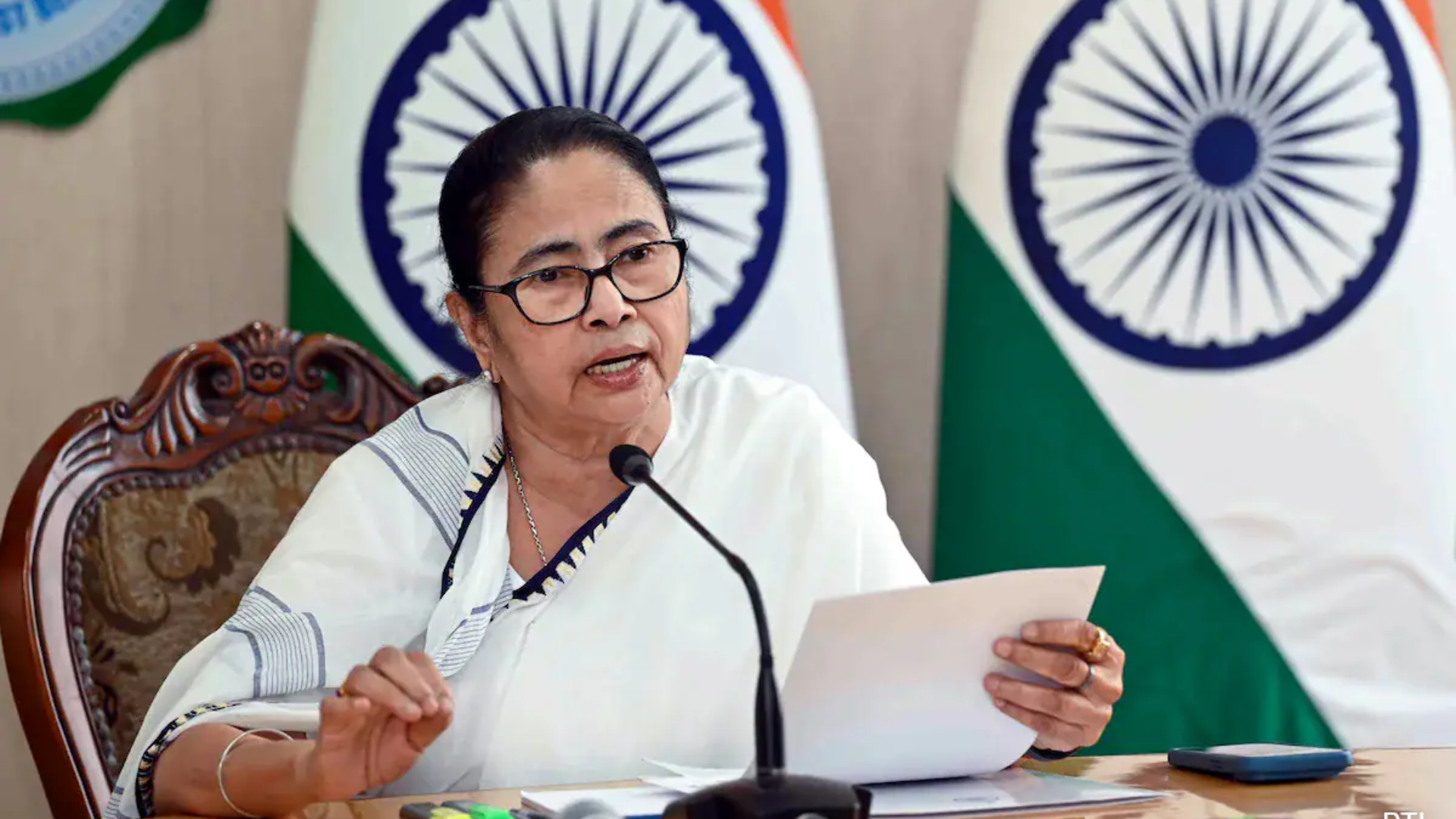Mamata Banerjee, the Chief Minister of West Bengal and TMC leader, declared on Wednesday the allocation of Rs 2,900 crore in financial aid to 1.05 crore farmers across the state.
She also disclosed that the West Bengal government is disbursing Rs 293 crore to 2.10 lakh farmers who suffered crop losses during the recent Rabi season due to adverse weather conditions.
“I am pleased to announce the disbursement of Rs. 2,900 crore assistance to 1.05 crore farmers and bargadars statewide under the Krishak Bandhu Natun Scheme. Additionally, we are releasing Rs 293 crore directly to the bank accounts of 2.10 lakh farmers who incurred crop losses this Rabi season due to adverse weather conditions, through our Bangla Shasya Bima (BSB) scheme where the state government covers the entire premium for all crops,” she stated in a post on X.
I am happy to announce that (apart from providing Rs. 2,900 cr. assistance to 1 crore 5 lakh farmers and bargadars across the state under the Krishak Bandhu Natun Scheme), we are also releasing today onwards a sum of Rs 293 crore directly to the bank accounts of our 2.10 lakh…
Advertisement · Scroll to continue— Mamata Banerjee (@MamataOfficial) June 12, 2024
Since its inception in 2019, a total of Rs 3,133 crore has been deposited into the bank accounts of affected farmers, she mentioned in the post.
“For cultivable land exceeding one acre, farmers receive Rs 10,000, while those with smaller plots receive a proportional amount, with a minimum of Rs 4,000 per year. Since its establishment in 2019, a total of Rs 18,234 crore has been transferred to farmers’ accounts,” she stated in another post.
Furthermore, she added, “In addition, if a farmer aged between 18 and 60 passes away, their family receives Rs 2 lakh in compensation. A total of 1,12,000 bereaved families in West Bengal have received a total of Rs 2,240 crore in recent years under this scheme. We are dedicated to the economic well-being and social security of our farmers.”





















